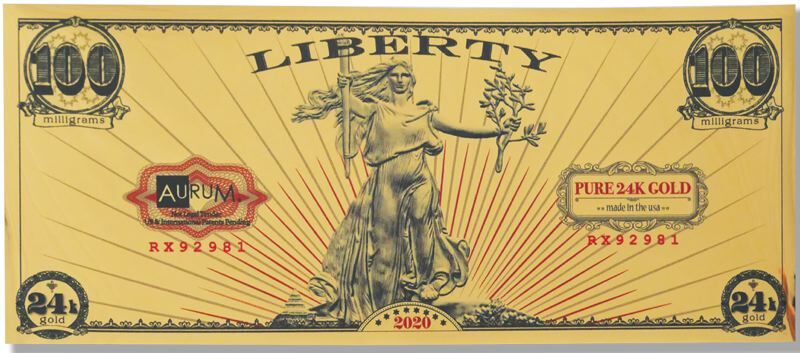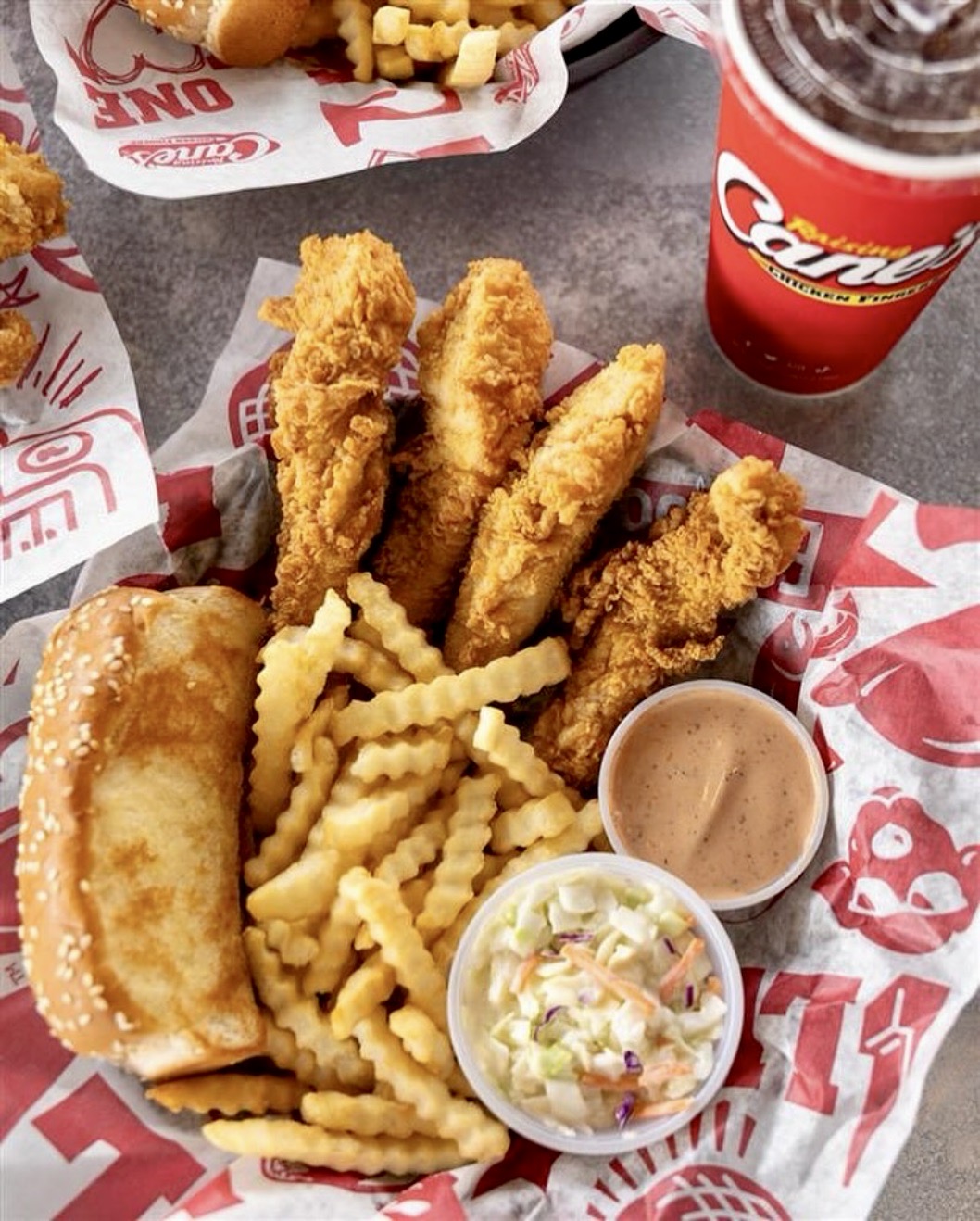Gold by the slice: Aurum
Published 12:00 am Friday, December 4, 2020

- Portland startup Valaurum makes the Aurum currency as a way for small investors to trade small amounts of gold.
In uncertain times, the price of gold goes up.
Trending
It last peaked around $1,900 per ounce in November 2010. Since then, its low has been $1,500, and its recent high in October 2020, $2,063.20 an ounce.
Portland startup Valaurum (valaurum.com) is trying to make buying gold in small amounts affordable for the small investor. Buying gold “by the slice” — in amounts of as little as $10 — was brought to market by Valaurum founder and president Adam Trexler. He does it by producing plastic banknotes with a sliver of real gold sandwiched between the sheets.
Trexler says sales of Valaurum’s 24K gold bills are up almost 600% year-on-year. (24 Karat is gold in its purest form with virtually no alloy metals added to it.)
Trending
“It works by having argon ions bombarded with pure gold, creating a 24 karat film that is protected between layers of polymer,” Trexler told the Business Tribune. “Each batch is precisely assayed for weight and purity, and it can be made into very small denominations of gold, such as 1 gram and even less.”
On a standard 1/10 gram Aurum, the gold is 390nm thick, approximately one percent of a human hair width.
Trexler says the Aurum note is already in use as currency in some countries, and 14 states are exploring some form of the gold-based payment system. People have historically invested in gold as a safe, long-term bet.
Trexler says he “strongly believes gold has reaffirmed its status as a safe haven and store of value during times of strife. It is up almost 12% year-to-date and 30% over the past two years.”
He first got the idea after watching gold rise in price after the 2008 financial crisis. People want to buy gold in small amounts, but some of the smallest coins are a pencil eraser’s size and are not practical.
“Aurum,” he says, “Is value that people can hold in their hand.”
Made in Oregon
Valaurum’s bills were first developed in 2014 but didn’t take off until 2019, when the firm came out with more denominations (from $3 to $150) and brought in some government-level anti-counterfeiting features.
Valaurum is a wholesaler, but regular people can buy Aurum at major precious metal websites such as or . They ship straight to the home.
The gold is recoverable by an incineration process, although the company doesn’t issue instructions so that people don’t burn down their homes trying to do it.
The notes are made in Oregon at a location he can’t disclose, using a vacuum deposition machine plus twelve other machines. “It’s a long and arduous process, probably a week long. We make them in batches in big long rolls. We make up to 2,000 at one time.”
And the crypto
Valaurum is also working on Keybill, a currency that has not launched yet. It’s a metal-based banknote with a blockchain private key code embedded between the polymer layers. If someone tears the note apart to access the code, the precious metal is lost, but they retain the value by using the code.
“The idea is to make a cryptocurrency bill that would function like paper cash.” Some people who like Bitcoin and Ethereum sometimes want a physical version of those currencies.
You can hand it to a third person and get the value that way, but if you open it up, it becomes impossible to put it back together.
“The idea is someone has the bill or the private key digitally, but not both.”
Physical cash is worth $2 trillion in the United States. “That market is growing, and the market for paper currency continues to grow.” Keybill is a long term project, just patented in 2020.
“This would be an entry point into Bitcoin, but if you wanted to have a stash of Bitcoin physically or be able to pay for milk, you might use this product.”
Personally, Trexler is more gold than bits.
“I kept thinking Bitcoin would get replaced with the next generation, and it hasn’t, and I’m fascinated by that. My biggest (cryptocurrency) position is in Bitcoin, but I personally have more gold than Bitcoin.”
Bitcoin’s price climbed to around $19,500 per bitcoin last week before falling as low as $16,000.






